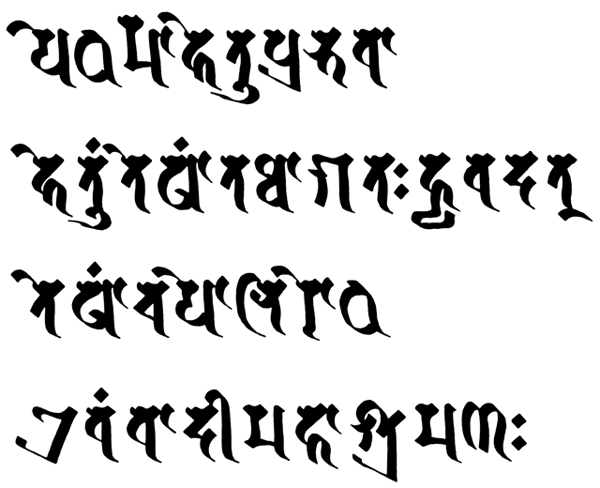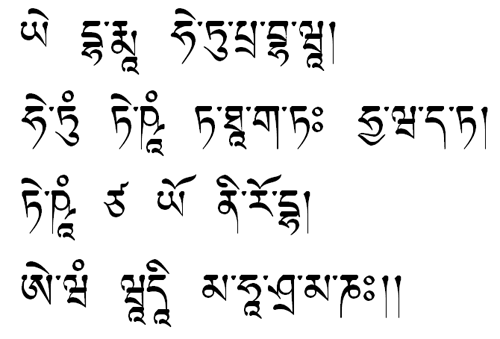http://www.accesstoinsight.org/lib/auth ... el090.html" onclick="window.open(this.href);return false;
Among the sixty-one Arahats (Saints) whom the Master had sent forth to proclaim to the world the virtues of the Triple Gem, there was the Elder Assaji, who belonged to the group of five ascetics, the Buddha's erstwhile companions before his Enlightenment, and afterwards his first disciples.
The Elder Assaji had returned to Rajagaha from his wanderings, and when one morning he was going for alms in the city he was seen by Upatissa, who was on his way to the Paribbajaka ascetic's monastery.
Struck by Assaji's dignified and serene appearance, Upatissa thought:
"Never before have I seen such a monk. He must be one of those who are Arahats, or on the way to Arahatship. Should I not approach him and ask, 'Under whom have you been ordained? Who is your teacher and whose teaching do you profess?'"
But then he thought: "It is not the proper time now for putting questions to this monk, as he is going for alms through the streets. I had better follow behind him, after the manner of supplicants." And he did so.
Then, when the Elder had gathered his almsfood, and Upatissa saw him going to another place intending to sit down and take his meal, he prepared for him his own ascetic's seat that he carried with him, and offered it to the Elder. The Elder Assaji took his meal, after which Upatissa served him with water from his own water-container, and in that way performed towards Assaji the duties of a pupil to a teacher.
After they had exchanged the usual courteous greetings.
Upatissa said:
"Serene are your features, friend. Pure and bright is your complexion. Under whom, friend, have you gone forth as an ascetic? Who is your teacher and whose doctrine do you profess?"
Assaji replied:
"There is, O friend, the Great Recluse, the scion of the Sakyas, who has gone forth from the Sakya clan. Under that Blessed One I have gone forth. That Blessed One is my teacher and it is his Dhamma that I profess."
"What does the venerable one's master teach, what does he proclaim?"
Questioned thus, the Elder Assaji thought to himself:
"These wandering ascetics are opposed to the Buddha's dispensation. I shall show him how profound this dispensation is." So he said: "I am but new to the training, friend. It is not long since I went forth from home, and I came but recently to this teaching and discipline. I cannot explain the Dhamma in detail to you."
The wanderer replied:
"I am called Upatissa, friend. Please tell me according to your ability, be it much or little. It will be my task to penetrate its meaning by way of a hundred or a thousand methods." And he added:
"Be it little or much that you can tell,
the meaning only, please proclaim to me!
To know the meaning is my sole desire;
Of no avail to me are many words."
In response, the Elder Assaji uttered this stanza:
"Of all those things that from a cause arise,
Tathagata the cause thereof has told;
And how they cease to be, that too he tells,
This is the doctrine of the Great Recluse."
Upon hearing the first two lines, Upatissa became established in the Path of stream-entry, and to the ending of the last two lines he already listened as a stream-winner.

